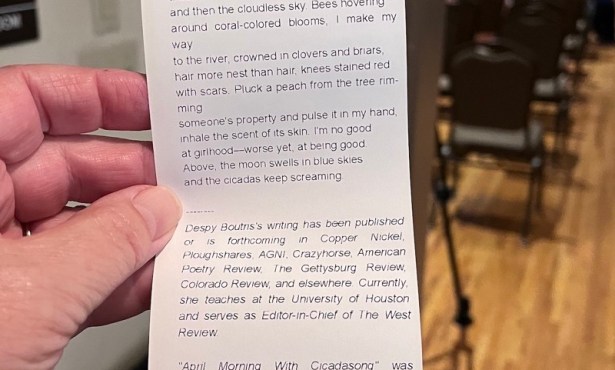‘Minari’ Reviewed
Film Explores Korean Family’s Experience in Arkansas

In the midst of rising anti-Asian violence during the global pandemic, the positive recognition Minari received from viewers shines a light on humanizing and representing Asian experiences today. Inspired by filmmaker Lee Isaac Chung’s own life, Minari depicts the dynamic of a Korean family living in Arkansas: a not-so-forthcoming husband, a disappointed wife, two children adapting to a rural lifestyle, and a crass grandma.
As a first-generation, American-Korean child myself, I resonated most with the mannerisms of Anne, the eldest child of the Yi family, played by Noel Kate Cho. The guilt I felt growing up was reaffirmed when I saw Cho play a younger version of me on the screen. Torn between cultures, navigating through assimilation, and playing the role of a “parent” was personal and all too familiar to me.
The film develops its storyline slowly but captivatingly through its cinematography. Minari examines the strained and bonded relationships, burning disappointments, and small triumphs an immigrant family may face in an unfamiliar setting. The organic acting of Steven Yeun and Han Ye-Ri gave me perspective on what my parents sacrificed when they came to America.
To be honest, this film is not refreshing, or metaphorical, or ultra-climactic. This is real life. It is a subtle but intentional emotional drama highlighting the realities of life for your Asian neighbors. And if you think otherwise, you have missed the point. It may have won the Best Foreign-Language Film award at the Golden Globes, but this is a powerful story of the American Dream, and it’s as American as it can get.



